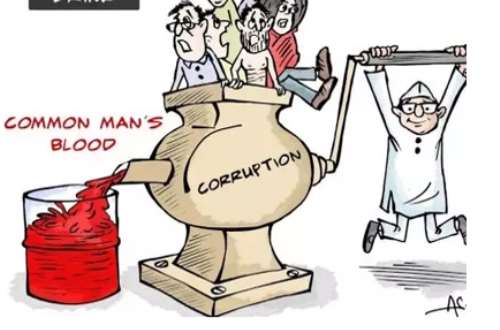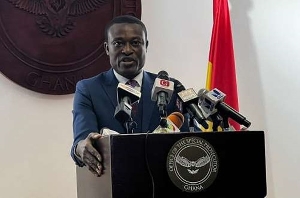President Nana Addo Dankwa Akufo-Addo, has underscored the nexus between climate change, peace, security and development. He described the climate emergency as a danger to peace and therefore called for global action.
He mentioned socio-economic difficulties, drought, corruption, religious extremism, transnational crime, drug trafficking, among others as the main causes of instability on the African continent.
The President said this in his speech at the 984th Virtual Meeting of the Peace and Security Council at Heads of State and Government Level. Madam Shirley Ayorkor Botchwey, the Minister of Foreign Affairs and Regional Integration read the speech on behalf of the President.
The meeting discussed sustainable peace in Africa, focusing on climate change and its effects on peace and security.
President Akufo-Addo informed that climate-driven population displacement, water and food insecurity could continue to undermine the regional stability. He, therefore, called for stronger partnerships that would align ongoing efforts by the UN, Member States, regional organizations. Specifically, to identify best practices to strengthen resilience and bolster regional cooperation.
In addition, the President noted that failure to consider the growing impacts of climate change could undermine global efforts at peace. The risk of trapping vulnerable countries into a vicious cycle of climate disaster and conflict cannot be overlooked. Therefore, he called on peace and security actors to help speed up implementation of the Paris Agreement on Climate Change.
Ghana’s Effort towards Climate Change.
Ghana developed a National Climate Change Policy in 2013 to serve as a springboard for initiating a climate-resilient economy. This policy seeks to accelerate Ghana’s development efforts. Consequently, enhancing the well-being of her people without sacrificing the quality of the environment and its resources.
The President said the National Climate Change Policy affirmed Ghana’s resolve to lessen the potential hardships that climate change impacts may pose to the sustainable development of the country. The policy seeks to provide strategic directions and coordinate issues of climate change in Ghana. He explained that what is relevant for Ghana is to ensure the mainstreaming of the climate-proofing agenda into national development.
In November last year, the Government of Ghana and Switzerland signed a bilateral agreement for climate action. The agreement seeks to set the framework conditions for cooperation and strengthening of the country’s contributions to emissions reduction targets for 2030. Overall, it seeks to promote cooperative approaches in bringing the Paris Agreement to life.
About the Paris Agreement.
The Paris Agreement is a legally binding international treaty on climate change. It was adopted on 12th December 2015 in Paris and entered into force on 4th November 2016. The Paris Agreement requires all countries—developed and developing—to make significant commitments to address climate change. Its goal is to limit global warming to well below 2 degrees Celsius , preferably to 1.5 degrees Celsius, compared to pre-industrial levels.
Read also: Ghana signs an agreement for Climate Action with Switzerland




















